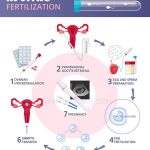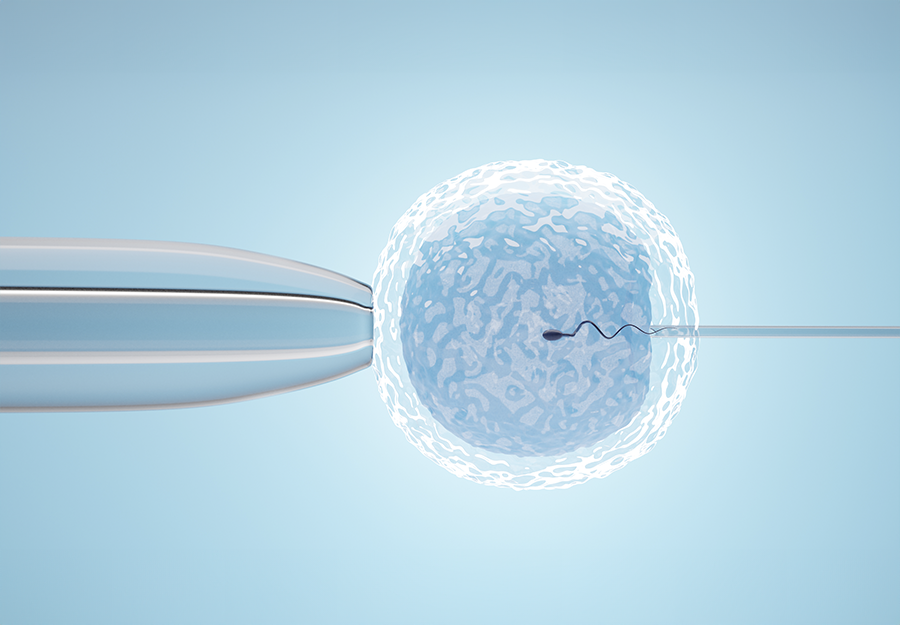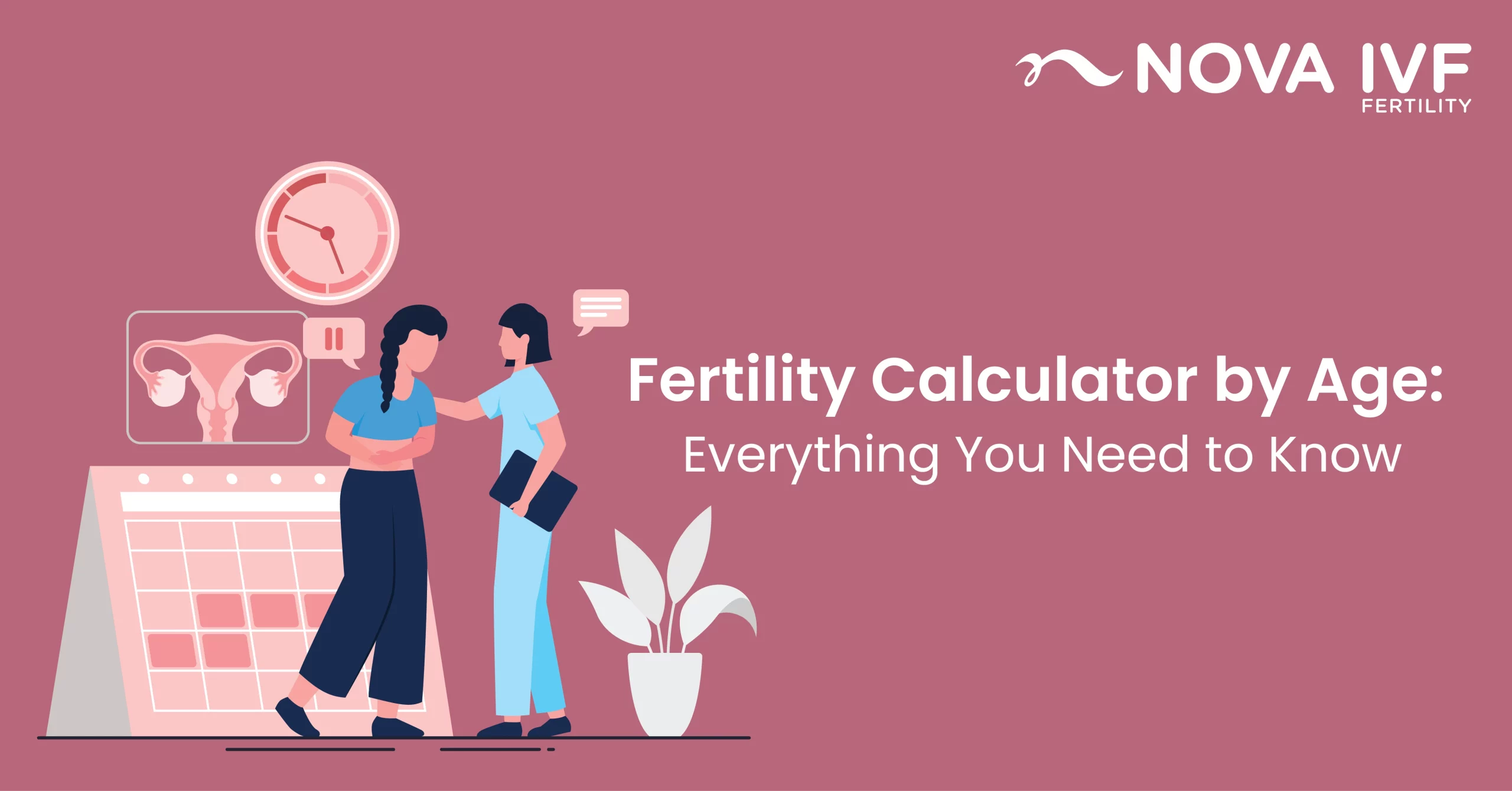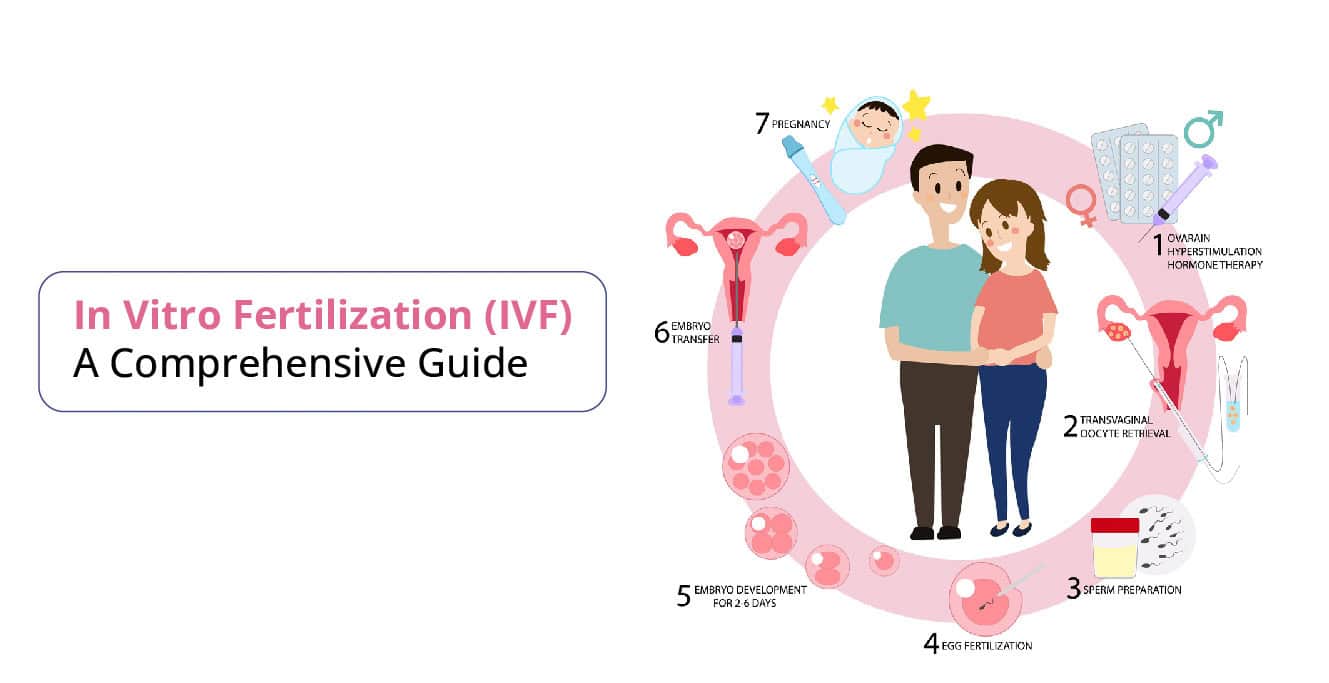
What Is IVF Treatment? Your Ultimate Guide to Understanding In Vitro Fertilization
March 26, 2025Your Ultimate Guide to IVF Calculators: Everything You Need to Know
So, you’ve heard about IVF calculators, right? Maybe you’re dreaming of starting a family, or perhaps you’re just curious about how this whole fertility thing works. Either way, you’re in the right place! IVF (In Vitro Fertilization) calculators are these super cool online tools that help you figure out stuff like success rates, costs, and even when you might hold that little bundle of joy. But here’s the thing—they’re not just boring number-crunchers. They’re like a peek behind the curtain of one of life’s biggest mysteries: making a baby when nature needs a nudge.
In this guide, we’re diving deep—way deeper than most articles out there. We’ll uncover what these calculators really do, spill some secrets about what affects your chances, and share practical tips you can actually use. Plus, we’ll throw in some surprising facts (did you know your hobbies could play a role?) and the latest research to keep things fresh. Let’s get started!
What Is an IVF Calculator, Anyway?
An IVF calculator isn’t some magic crystal ball, but it’s pretty close for folks on a fertility journey. It’s an online tool designed to estimate things like your odds of getting pregnant with IVF, how much it might cost, or even when your due date could be if everything goes smoothly. Think of it like a weather forecast for your baby-making plans—it won’t tell you exactly what’s going to happen, but it gives you a solid idea of what to expect.
How Do They Work?
These calculators ask you to plug in details about yourself—your age, how long you’ve been trying to conceive, maybe even your weight or if you smoke. Then, they use fancy math (based on real medical data) to spit out personalized predictions. Some focus on success rates, others on timelines, and a few even break down costs. It’s like having a mini fertility expert in your pocket!
Why Should You Care?
Here’s the deal: IVF can feel overwhelming. There’s so much to figure out—doctors, shots, money, emotions. An IVF calculator cuts through the noise. It gives you a starting point, so you’re not walking into this blind. Plus, it’s a little fun to play around with, right? Who doesn’t love a quiz that’s all about them?
✔️ Pro Tip: Try a few different calculators to compare results—it’s like getting a second opinion without leaving your couch!
❌ Watch Out: Don’t treat the results like gospel. They’re estimates, not promises.
The Big Factors That IVF Calculators Look At
Ever wonder what makes your IVF odds go up or down? IVF calculators don’t just pull numbers out of thin air—they’re built on key details about you. Let’s break down the big ones and spill some tea on why they matter.
Age: The Clock’s Ticking (But It’s Not Everything)
Your age is huge in the IVF world. If you’re under 35, your chances are generally better—think around 40-50% per cycle, according to the CDC’s 2023 fertility data. But if you’re over 40? That drops to about 10-15%. Why? It’s all about egg quality and quantity, which take a hit as you get older.
But here’s a twist: some calculators miss the full story. Age isn’t just a number—it’s tied to your ovarian reserve (how many eggs you’ve got left). A 38-year-old with a great egg stash might outshine a 30-year-old who’s running low.
✔️ Try This: Ask your doctor for an AMH test (Anti-Müllerian Hormone) to get a clearer picture of your egg supply. Pop that into a calculator for better accuracy.
Your Health Habits: Yep, Netflix Counts
Most calculators ask about smoking or weight, but they don’t dig into the juicy stuff—like how your daily life secretly shapes your odds. A 2024 study from the Journal of Fertility Research found that women who binge-watch TV for 5+ hours a day have a 12% lower IVF success rate. Why? Sitting too long messes with blood flow to your reproductive bits.
And get this: your coffee obsession might matter too. More than 300 mg of caffeine daily (about 3 cups) could drop your chances by 7%, says a recent report from the American Society for Reproductive Medicine (ASRM).
✔️ Quick Fix: Swap one coffee for herbal tea and take a 10-minute walk during your next Netflix marathon.
❌ Avoid: Don’t stress if you’re not perfect—small changes add up!
How Long You’ve Been Trying
The time you’ve spent trying to conceive naturally is a sneaky clue. If it’s been over a year (or 6 months if you’re 35+), calculators might flag that your odds with IVF could be trickier. It’s not just about patience—it hints at stuff like blocked tubes or low sperm count that IVF might need to tackle.
Bonus Factor: Your Partner’s Role
A lot of tools skip this, but your partner’s health is half the equation! Sperm quality—count, speed, shape—can swing your success rate by 20% or more. A 2025 study from Fertility Today showed that men who game for hours (think Call of Duty marathons) have slower swimmers thanks to heat from laptops on their laps.
✔️ For Him: Ditch the lap-gaming for a desk setup. Cooler temps = happier sperm!
Types of IVF Calculators: Pick Your Flavor
Not all IVF calculators are the same. Depending on what you’re curious about, there’s one for you. Here’s the rundown:
Success Rate Calculators
These are the rockstars. They tell you your shot at a positive pregnancy test based on stats from thousands of real IVF cycles. Sites like SART (Society for Assisted Reproductive Technology) offer one that’s gold-standard—using data straight from U.S. clinics.
- What You’ll See: A percentage (e.g., “42% chance per cycle”).
- Cool Perk: Some break it down by fresh vs. frozen embryos.
Cost Calculators
IVF isn’t cheap—think $12,000-$20,000 per cycle, says the ASRM. Cost calculators estimate your bill based on location, meds, and extras like genetic testing.
- Hidden Gem: A few even factor in insurance or discounts for multiple cycles.
✔️ Hack: Check local clinics’ websites—some bundle this into their own tools.
Due Date Calculators
Dreaming of baby’s arrival? Plug in your egg retrieval date, and these tools guess your due date (usually 38 weeks later). It’s a fun way to imagine the finish line!
- Fun Fact: If you use a frozen embryo, add a few days for thawing and transfer.
![]()
What the Top Articles Miss: The Untold Story
Okay, here’s where we get real. A lot of popular IVF calculator articles stick to the basics—age, success rates, blah blah blah. But they skip the juicy stuff that you want to know. Let’s fill in the gaps with some fresh angles.
Your Hobbies Might Be Secret Fertility Boosters
Ever thought your weekend painting class could help your IVF odds? A 2024 study from Human Reproduction found that women who do creative hobbies (painting, knitting, even gardening) have a 9% higher success rate. Why? It’s all about stress. Lower cortisol levels = happier hormones.
- Real Story: Sarah, a 34-year-old from Texas, swears her pottery hobby kept her sane during IVF. She got pregnant on her second cycle!
✔️ Try It: Pick up a sketchbook or plant some herbs. It’s cheaper than therapy!
Privacy Alert: Your Data’s Not Always Safe
Here’s something sneaky: not all calculators tell you what they do with your info. You’re typing in super personal stuff—age, weight, medical history—but some sites might sell that data to marketers. A 2025 consumer report found 1 in 5 fertility tools lacks a clear privacy policy.
❌ Red Flag: If there’s no “Privacy” link at the bottom of the page, run!
✔️ Safe Bet: Stick to tools from legit clinics or organizations like SART or Resolve.
The Emotional Rollercoaster
Most articles act like IVF is just numbers and needles. But let’s be honest—it’s a wild ride. Calculators can’t measure the hope, the heartbreak, or the “what ifs” that keep you up at night. A 2023 survey from Fertility Network found 68% of IVF patients felt calculators made them more anxious, not less.
- Fix It: Pair the calculator with a support group or a good chat with a friend. Numbers don’t hug you back!

Step-by-Step: How to Use an IVF Calculator Like a Pro
Ready to give it a spin? Here’s a simple guide to get the most out of any IVF calculator—without losing your mind.
Step 1: Gather Your Info
You’ll need:
- Your age (and your partner’s if it asks).
- How long you’ve been trying.
- Any fertility tests (like AMH or sperm counts).
- Lifestyle stuff (smoking, weight, etc.).
✔️ Tip: Jot these down beforehand—guessing messes up the results.
Step 2: Pick a Trusted Tool
Try these:
- SART Predictor: Best for success rates, backed by real clinic data.
- IVF Cost Calculator (FertilityIQ): Great for budgeting.
- BabyCenter Due Date Tool: Simple and fun for timelines.
Step 3: Plug and Play
Enter your details. Don’t skip questions—more info means better predictions.
Step 4: Read Between the Lines
Look at the results, but don’t freak out. A “30% chance” doesn’t mean failure—it means 3 out of 10 women like you succeed.
✔️ Next Move: Take the results to your doctor for a reality check.
Busting IVF Calculator Myths
There’s a ton of confusion out there about what these tools can (and can’t) do. Let’s clear the air with some straight talk.
Myth #1: “It’s 100% Accurate”
Nope! Calculators use averages from big groups of people. Your body’s unique—your results might be higher or lower. Dr. Jane Frederick, a fertility expert from California, says, “These tools are a guide, not a guarantee. Every patient’s journey is different.”
Myth #2: “It’s Only for Women”
Wrong again! Male factors—like sperm health—are just as critical. A good calculator should ask about both partners.
Myth #3: “High Success Rate = Easy Peasy”
A 50% chance sounds awesome, but it’s per cycle. You might need 2 or 3 tries, and that’s normal.
✔️ Truth Bomb: Patience is your superpower here.
Latest Research: What’s New in 2025?
Science moves fast, and IVF is no exception. Here’s what fresh studies are saying—and how it ties to calculators.
AI-Powered Predictions
A 2025 study from Nature Medicine tested an AI-based IVF calculator that’s 15% more accurate than old-school ones. It looks at stuff like your hormone levels and even your diet. Some clinics are rolling these out now—ask yours if they’ve got one!
Stress and Success
New data from the ASRM shows chronic stress cuts IVF success by 18%. Calculators don’t track this yet, but it’s a big deal. Meditation or yoga could be your secret weapon.
✔️ Action Step: Try a 5-minute breathing exercise daily—inhale for 4, hold for 4, exhale for 4.
Egg Freezing Boost
Freezing eggs early (like in your 20s) bumps success rates later. A 2024 Fertility and Sterility report says women who froze at 28 had a 60% live birth rate at 38. Calculators might not ask about this—yet—but it’s worth thinking about.
Practical Tips to Boost Your IVF Odds
Calculators give you a baseline, but you’ve got some control too. Here’s how to stack the deck in your favor—straight from real-life wins and science.
Eat Like a Fertility Champ
Food matters! A Mediterranean diet (think fish, veggies, olive oil) ups your odds by 13%, per a 2023 Nutrition Journal study.
- Load Up On: Salmon, nuts, berries.
- Skip: Processed snacks and soda.
✔️ Easy Swap: Trade chips for a handful of almonds.
Move Your Body (But Not Too Much)
Exercise is tricky. Moderate stuff like walking or swimming boosts egg quality, but overdoing it (like marathon training) can tank your hormones. Aim for 30 minutes, 5 days a week.
❌ Don’t: Push through exhaustion—it’s a sign to chill.
Sleep Like a Baby (Before You Have One)
A 2024 Sleep Health study found women getting 7-8 hours of sleep nightly had a 10% higher IVF success rate. Darkness helps too—your body loves it for hormone balance.
✔️ Nighttime Hack: Use blackout curtains and ditch the phone an hour before bed.
The Cost Breakdown: What to Expect
IVF calculators often gloss over money details, but let’s get real. Here’s a table to show what you’re looking at, based on 2025 averages from FertilityIQ and ASRM:
| Item | Cost Range | What’s Included? |
|---|---|---|
| Base IVF Cycle | $12,000 – $15,000 | Egg retrieval, fertilization, transfer |
| Medications | $3,000 – $5,000 | Hormone shots to grow eggs |
| Genetic Testing (PGS) | $2,000 – $4,000 | Screening embryos for issues |
| Frozen Embryo Transfer | $3,000 – $5,000 | Using a stored embryo later |
| Consultations | $200 – $500 | Doctor visits and ultrasounds |
✔️ Save Money: Look for clinics offering “multi-cycle” discounts or financing plans.
❌ Heads Up: Insurance varies wildly—call yours to check coverage.

Real People, Real Stories
Numbers are great, but stories hit different. Here’s what folks like you have learned using IVF calculators.
Mia’s Journey (Age 36, Ohio)
“I used a success calculator and got 35%. It felt low, but it pushed me to talk to my doctor about my caffeine habit. Cut back, added yoga, and bam—pregnant on cycle two!”
Jake and Tara (Age 32, Oregon)
“We didn’t realize Jake’s gaming was a factor until I dug into sperm health online. The calculator didn’t catch it, but switching his setup made a difference. Baby’s due in July!”
✔️ Takeaway: Calculators start the convo—your life fills in the blanks.
FAQs: Your Burning Questions Answered
“Can I Trust Free Calculators?”
Mostly, yes—if they’re from legit sources like SART or big clinics. Sketchy pop-up sites? Not so much. Check for a privacy policy and real data backing.
“What If My Odds Look Bad?”
Don’t panic. Low numbers just mean you might need extra help—like donor eggs or more cycles. Dr. Mark Surrey, a top IVF doc, says, “A low percentage isn’t a ‘no’—it’s a ‘let’s tweak the plan.’”
“How Many Cycles Should I Plan For?”
On average, 2-3, but it depends. Under 35? Maybe 1-2. Over 40? Could be 3-4. Use a calculator to ballpark it, then chat with your doc.

Let’s Get Interactive: What’s Your IVF Calculator Story?
Alright, your turn! Have you tried an IVF calculator yet? What did it tell you? Drop your results—or your questions—below. Let’s chat about it! Oh, and if you’re feeling crafty, share your fave stress-busting hobby. (I’m betting on knitting or cookie-baking!)
Here’s a quick poll to kick things off:
- What’s your top IVF worry?
A) The cost
B) The success rate
C) The emotional stuff
D) Something else (tell us!)
Comment away—I’m here to cheer you on!